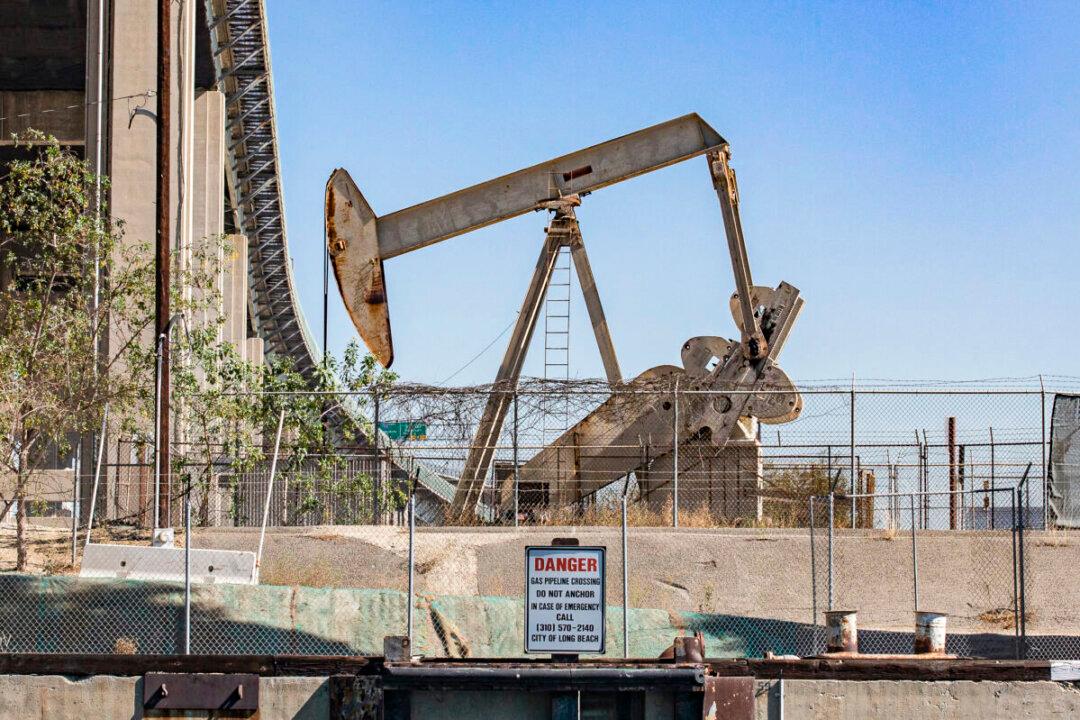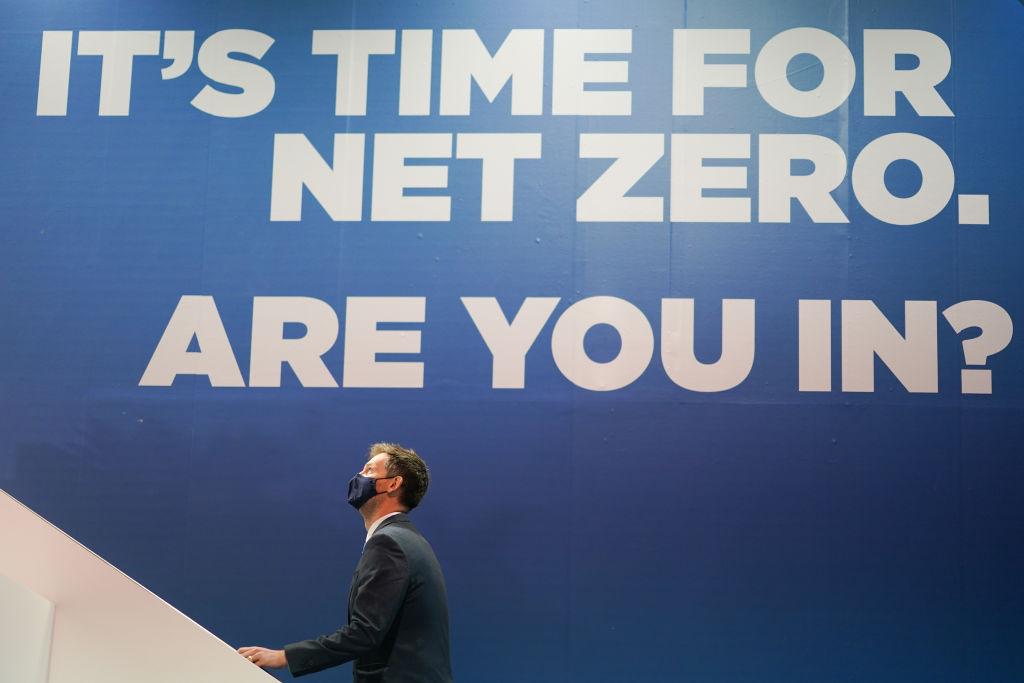Commentary
The United Nations’ latest climate change report sparked predictable hyperventilating. You’ve seen the headlines crying, “Code Red for Humanity” and clamoring about “extreme” and “unprecedented” warming likely to be “irreversible”—accompanied by fear-mongering images of raging wildfires and flooded towns.





